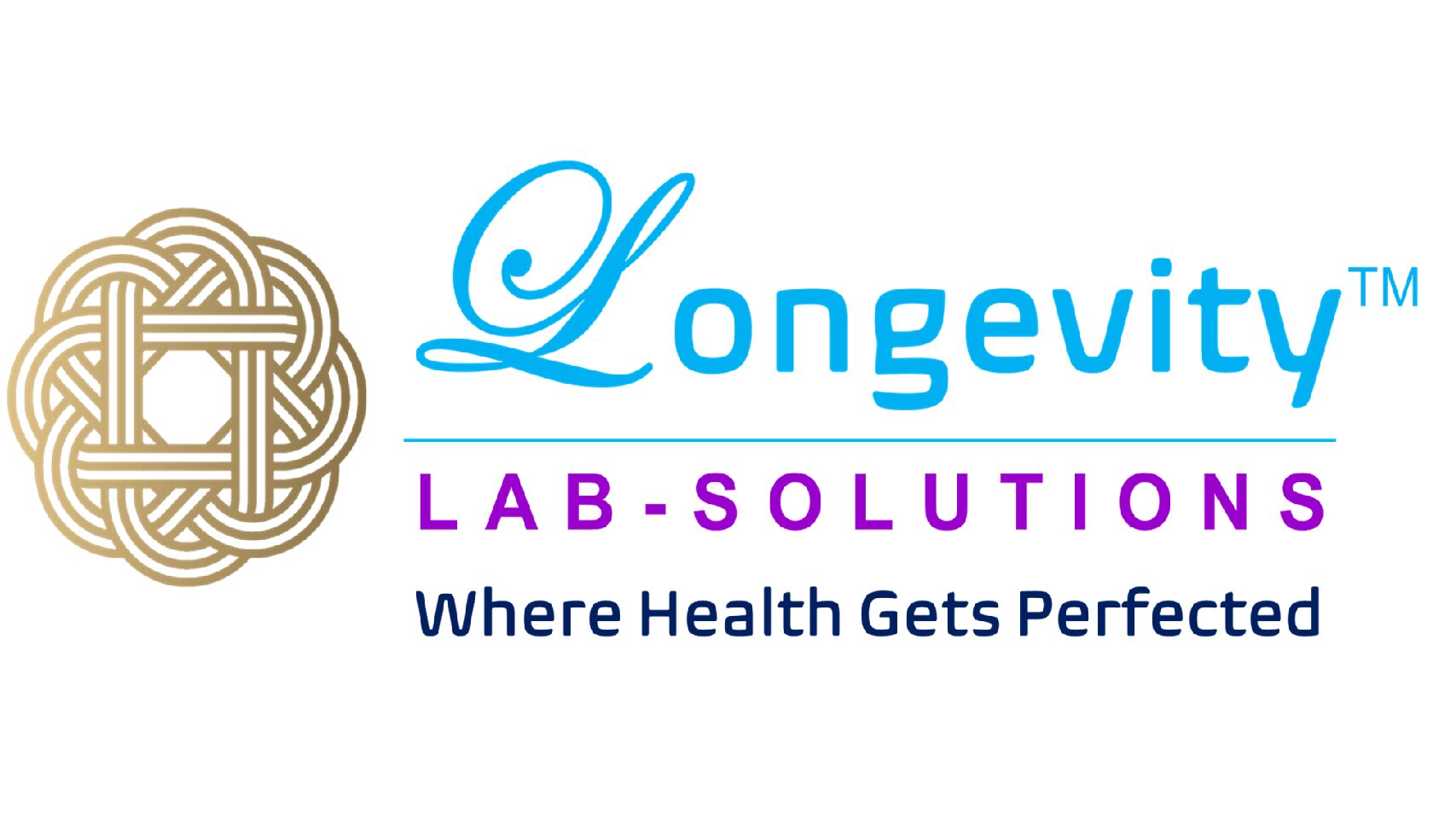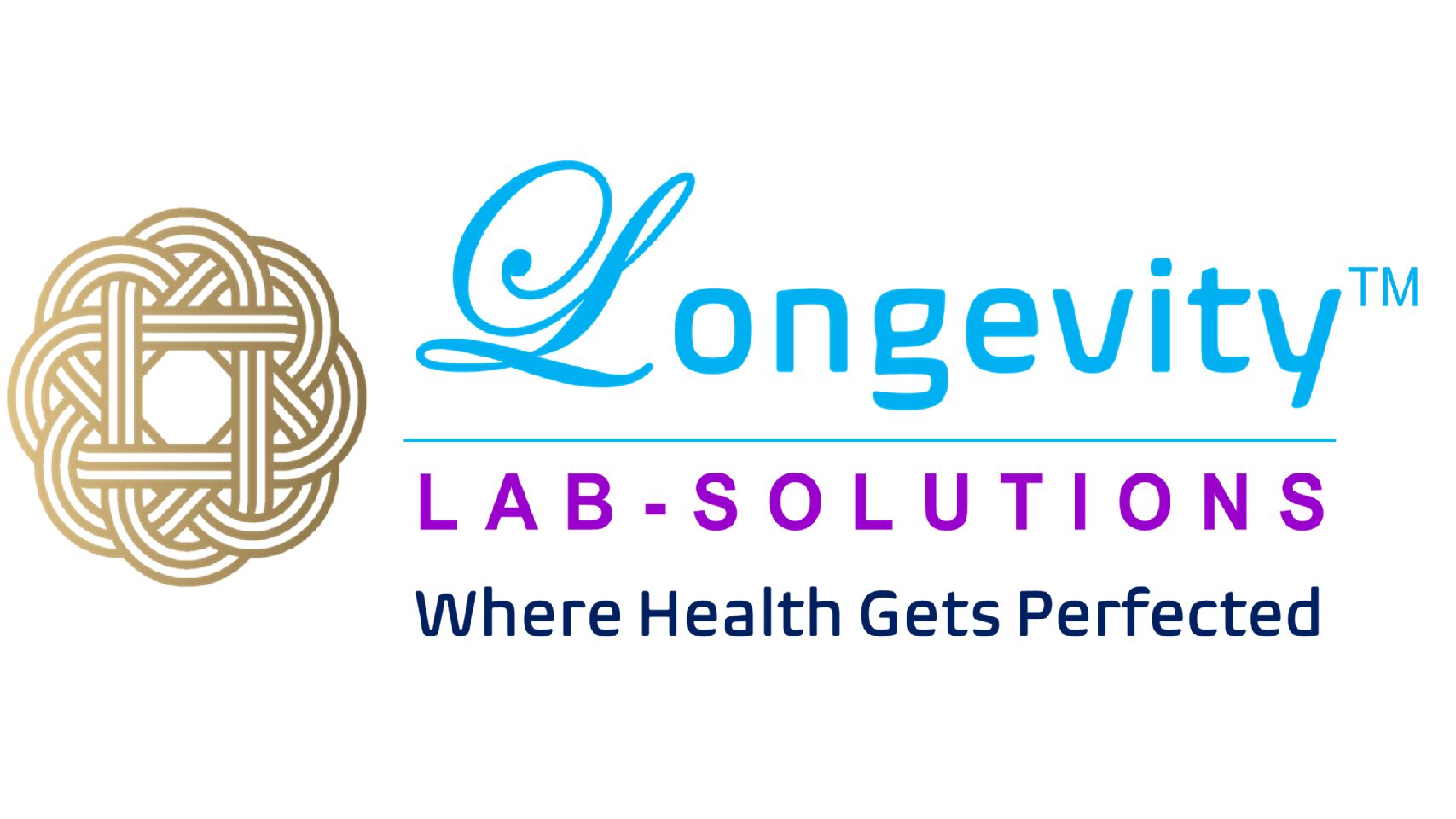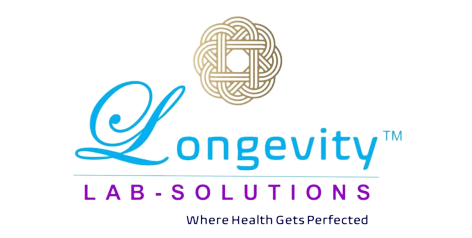Cancer Risk Assessment
- Test Requisition Form
- Sample Report
- Patient Brochure
Comprehensive Cancer Panel
Breast and Ovarian
Colorectal
Pancreatic
Prostate
Melanoma
Kidney and Urinary Tract

Cancer Risk Assessment
Inherited cancer refers to certain types of cancer that have a hereditary component, meaning they can be passed down from generation to generation within a family. These cancers are caused by specific genetic mutations or alterations that increase the risk of developing cancer.
It’s important to note that having an inherited genetic mutation does not mean that a person will definitely develop cancer. It simply means that the risk of developing cancer is increased. Genetic testing and counseling can help identify individuals who may be at higher risk and guide appropriate screening and prevention strategies.
If you have a family history of cancer or are concerned about inherited cancer risk, it’s recommended to consult with a healthcare professional or a genetic counselor who can evaluate your personal and family history, discuss the potential genetic risks, and guide you on appropriate screening and preventive measures.
Price: $600.00
Test Details
Inherited cancer refers to certain types of cancer that have a hereditary component, meaning they can be passed down from generation to generation within a family. These cancers are caused by specific genetic mutations or alterations that increase the risk of developing cancer.
Some examples of inherited cancers include:
Breast and ovarian cancer: BRCA1 and BRCA2 gene mutations are known to increase the risk of developing breast and ovarian cancers, particularly in women. These mutations can be inherited from either the mother or father.
Colorectal cancer: Lynch syndrome, also known as hereditary nonpolyposis colorectal cancer (HNPCC), is an inherited condition that increases the risk of colorectal and other types of cancer. It is caused by mutations in certain genes involved in DNA repair.
Pancreatic cancer: Familial pancreatic cancer can run in families and is associated with inherited genetic mutations, such as the BRCA1, BRCA2, and CDKN2A genes.
Melanoma: In some cases, melanoma can be associated with inherited genetic mutations, such as mutations in the CDKN2A gene.
It’s important to note that having an inherited genetic mutation does not mean that a person will definitely develop cancer. It simply means that the risk of developing cancer is increased. Genetic testing and counseling can help identify individuals who may be at higher risk and guide appropriate screening and prevention strategies.
If you have a family history of cancer or are concerned about inherited cancer risk, it’s recommended to consult with a healthcare professional or a genetic counselor who can evaluate your personal and family history, discuss the potential genetic risks, and guide you on appropriate screening and preventive measures.
Genes: 127
AIP, ALK, APC, ATM, ATR, AXIN2, BAP1, BARD1, BLM, BMPR1A, BRCA1, BRCA2, BRIP1, BUB1B, CASR, CDC73, CDH1, CDK4, CDKN1B, CDKN1C, CDKN2A, CEBPA, CHEK2, CTC1, CTNNA1, CYLD, DDB2, DICER1, DIS3L2, DKC1, EGLN1, EPCAM, ERCC1, ERCC2, ERCC3, ERCC4, ERCC5, EXT1, EXT2, EZH2, FAN1, FANCA, FANCB, FANCC, FANCD2, FANCE, FANCF, FANCG, FANCI, FANCL, FANCM, FH, FLCN, GALNT12, GATA2, GPC3, GREM1, HOXB13, HRAS, KIF1B, KIT, LZTR1, MAX, MC1R, MEN1, MET, MITF, MLH1, MLH3, MRE11, MSH2, MSH6, MUTYH, NBN, NF1, NF2, NHP2, NOP10, NTHL1, PALB2, PDGFRA, PHOX2B, PMS2, POLD1, POLE, POLH, POT1, PRKAR1A, PRSS1, PTCH1, PTCH2, PTEN, RAD50, RAD51C, RAD51D, RB1, RECQL4, RET, RUNX1, SDHA, SDHAF2, SDHB, SDHC, SDHD, SLC45A2, SLX4, SMAD4, SMARCA4, SMARCB1, SMARCE1, STK11, SUFU, TERC, TERT, TINF2, TMEM127, TP53, TSC1, TSC2, TYR, VHL, WRAP53, WRN, WT1, XPA, XPC, XRCC2
All sequencing technologies have limitations. This analysis is performed by Next Generation Sequencing (NGS) and is designed to examine coding regions and splicing junctions. Although next generation sequencing technologies and our bioinformatics analysis significantly reduce the contribution of pseudogene sequences or other highly-homologous sequences, these may still occasionally interfere with the technical ability of the assay to identify pathogenic variant alleles in both sequencing and deletion/duplication analyses. Sanger sequencing is used to confirm variants with low quality scores and to meet coverage standards. If ordered, deletion/duplication analysis can identify alterations of genomic regions which include one whole gene (buccal swab specimens and whole blood specimens) and are two or more contiguous exons in size (whole blood specimens only); single exon deletions or duplications may occasionally be identified, but are not routinely detected by this test. Identified putative deletions or duplications are confirmed by an orthogonal method (qPCR or MLPA). This assay will not detect certain types of genomic alterations which may cause disease such as, but not limited to, translocations or inversions, repeat expansions (eg. trinucleotides or hexanucleotides), alterations in most regulatory regions (promoter regions) or deep intronic regions (greater than 20bp from an exon). This assay is not designed or validated for the detection of somatic mosaicism or somatic mutations.
Buccal swab
3 – 5 weeks


